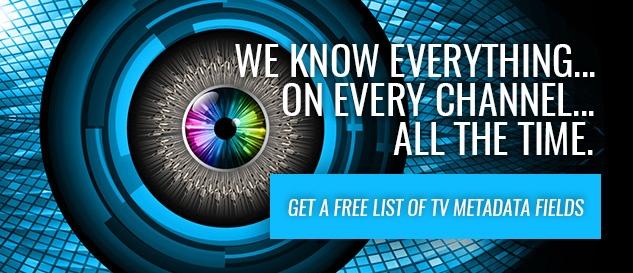 |
As he made his remarks, he uttered this prediction: "The age of broadcast TV will probably last until 2030."
While it is certainly in Reed’s best interest to promote the downfall of traditional television viewing, several things need to be reviewed.
Back in August, media analyst Rich Greenfield talked with TheWrap about the future of network television.
“Everyone in the TV business should be reevaluating how important the broadcast business is,” he said. “Either you should be exiting the TV business, or driving reverse retrans fees dramatically higher.”
“Broadcast TV is really constrained in terms of what it can do in terms of a creative standpoint,” Greenfield added.
But at the same time, the networks took home 47 Emmy Awards this year, compared to 38 for basic cable, 25 for premium and 12 for OTT. The output is being valued.
Over at TDG Research, Joel Espelien came to the conclusion that “As an industry concept, 'broadcast’ is becoming less and less useful … it is possible to have compelling launch events around new TV shows without broadcasting (and even without live streaming). If the future of TV is indeed an app, the future of broadcast TV is to serve as a launch pad for new TV content.”
And at September’s IBC conference, Imagine Communications CEO Charlie Vogt prophesized that “TV will move to IP sooner than people think … It's not five years away. I'd say it will happen over the next two years. You can mark my word on that.”
Many of these industry examinations often focus on one factor though, and that’s scripted programming. Two areas important to viewers seem to fall by the wayside, and that’s news and sports content, both of which deserve consideration in this debate.
Yesterday, Re/code’s Peter Kafka chimed in with a key reminder.
While streaming sports is indeed popular,
Kafka observed
that “U.S. sports fans are pretty much required to get pay TV,” as ESPN has
effectively monopolized the rights to the largest events.
For the overall pay/broadcast model to be obliterated by 2030, we’d first have to see radical changes in ESPN’s behavior. Also worth noting is that years ago, Monday Night Football shifted to ESPN from ABC.
As long as there is demand for live sports, as well as news, pay and broadcast TV will likely remain as a primary part of the television industry. OTT and streaming apps will certainly enhance the experience, though.
Author: Brian Cameron
For the overall pay/broadcast model to be obliterated by 2030, we’d first have to see radical changes in ESPN’s behavior. Also worth noting is that years ago, Monday Night Football shifted to ESPN from ABC.
As long as there is demand for live sports, as well as news, pay and broadcast TV will likely remain as a primary part of the television industry. OTT and streaming apps will certainly enhance the experience, though.
Author: Brian Cameron
Image via







Post a Comment